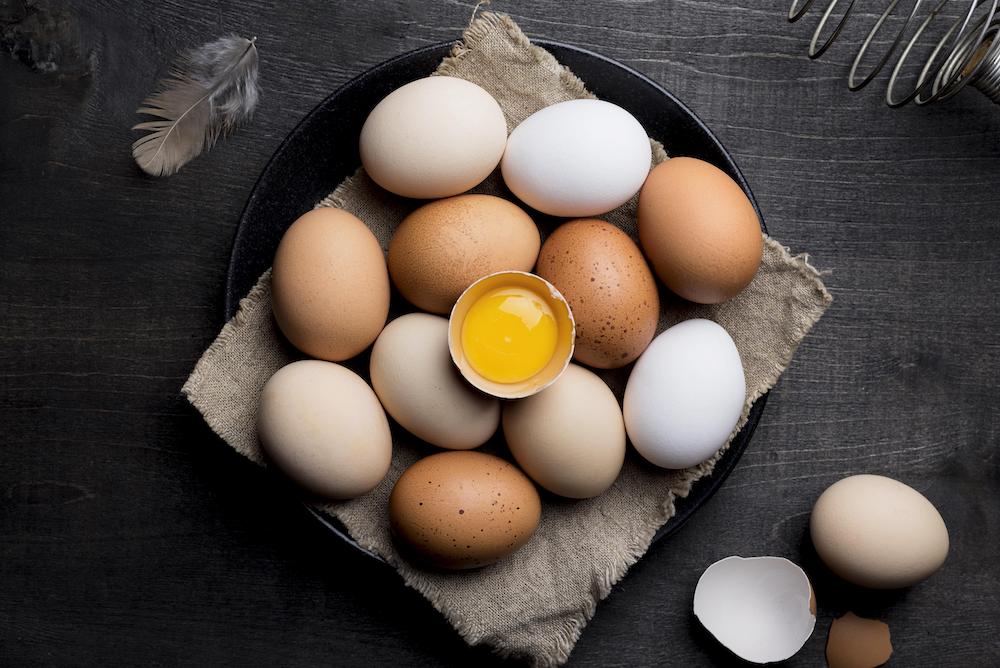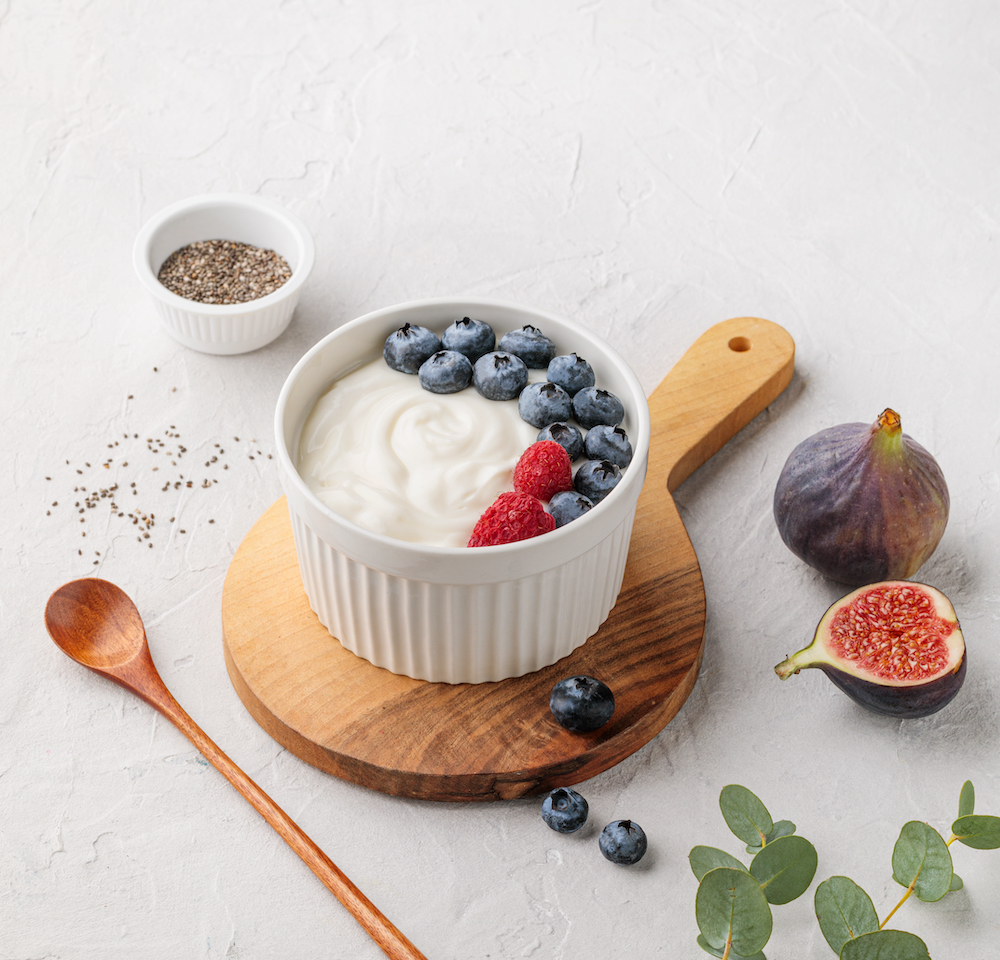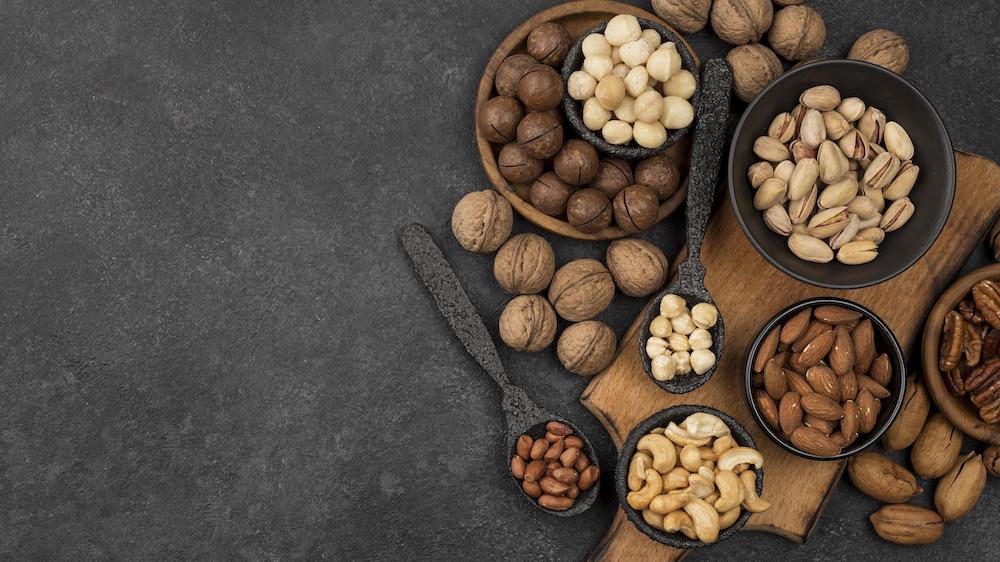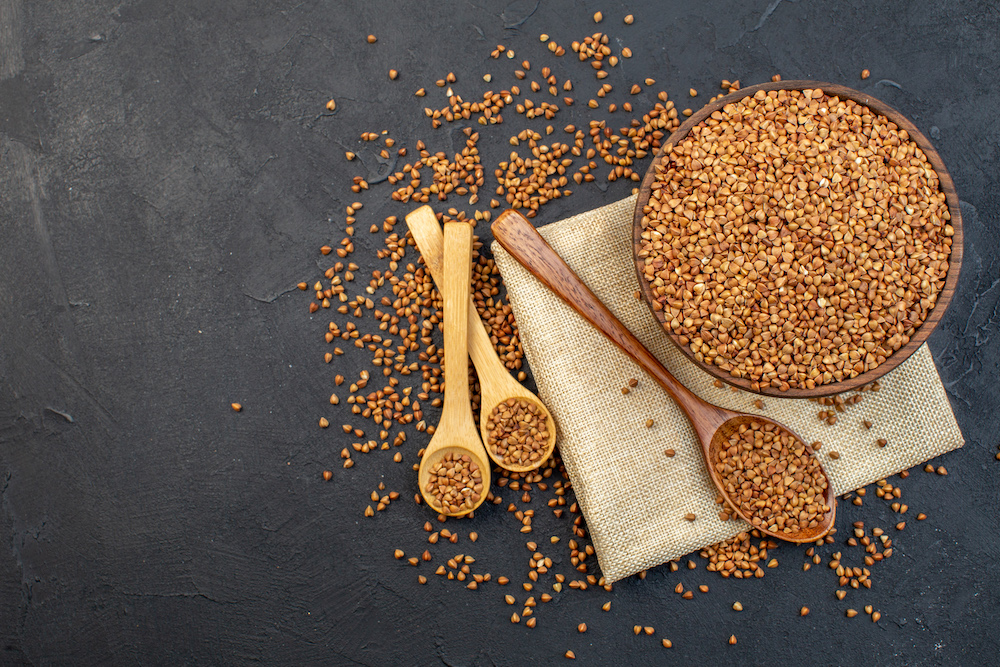When it comes to shedding those extra pounds, a balanced and nutrient-rich diet plays a pivotal role. Among the various macronutrients, protein stands out as a crucial component for weight loss. Protein-rich foods not only keep you feeling fuller for longer but also help preserve muscle mass and boost metabolism. We will explore the benefits of incorporating protein foods into your weight loss journey and provide a list of top protein-rich foods to aid you in achieving your goals.
Protein food
Protein is an essential nutrient that plays a crucial role in maintaining overall health and well-being. Whether you’re looking to lose weight, build muscle, or simply lead a healthier lifestyle, incorporating protein-rich foods into your diet is a smart choice. Proteins are the building blocks of life, responsible for repairing tissues, supporting immune function, and regulating various bodily processes. In this article, we will explore the importance of protein in your diet and introduce you to a wide range of protein-rich foods that can help you achieve your health and fitness goals. From animal-based options to plant-based alternatives, there are plenty of delicious and nutritious protein sources to suit every dietary preference. So, let’s dive in and discover the power of protein-rich foods!
Lean meats and poultry
Lean meats and poultry are excellent sources of high-quality protein. They are low in calories and contain essential amino acids that promote muscle growth and repair. Opt for lean cuts such as skinless chicken breast, turkey breast, or lean cuts of beef. Including lean meats in your diet can help increase satiety and support your weight loss efforts.


Fish and seafood
Fish and seafood are not only packed with protein but also provide healthy omega-3 fatty acids. These fatty acids offer numerous health benefits and help reduce inflammation in the body. Incorporate fatty fish like salmon, trout, and mackerel into your diet. They are rich in protein, low in calories, and can assist in managing your weight effectively.
Eggs
Eggs are a nutritional powerhouse, offering a complete source of protein, vitamins, minerals, and healthy fats. They are versatile and can be enjoyed in various ways, from boiled and scrambled to omelets and frittatas. Eggs keep you feeling satisfied, control hunger pangs, and aid in weight loss. Don’t worry about cholesterol concerns; current research shows that dietary cholesterol has minimal impact on blood cholesterol levels for most individuals.


Legumes and beans
Legumes and beans, including lentils, chickpeas, black beans, and kidney beans, are excellent plant-based protein sources. They are not only high in protein but also rich in fiber, which promotes feelings of fullness and aids in digestion. Incorporating legumes and beans into your diet can help reduce calorie intake, boost metabolism, and support weight loss.
Greek yogurt
Greek yogurt is a delicious and protein-packed option that can be included as part of a balanced weight loss diet. It contains more protein than regular yogurt and provides essential nutrients like calcium and probiotics. Greek yogurt can be enjoyed on its own, used as a base for smoothies, or added to savory dishes as a healthy alternative to sour cream.


Nuts and seeds
Nuts and seeds not only offer a good amount of protein but also provide healthy fats, fiber, and an array of vitamins and minerals. Almonds, walnuts, chia seeds, flaxseeds, and pumpkin seeds are great choices for weight loss. They can be enjoyed as a snack, sprinkled over salads, or added to smoothies, providing a satisfying crunch and boosting protein content.
Quinoa
Quinoa is a versatile grain that is naturally gluten-free and high in protein. It contains all nine essential amino acids, making it a complete protein source. Quinoa is also rich in fiber, which aids in digestion and promotes feelings of fullness. Use quinoa as a base for salads, stir-fries, or as a side dish to add protein to your meals.

Incorporating protein-rich foods into your weight loss diet can be highly beneficial. They provide essential nutrients, help control hunger, and support muscle growth and repair. Lean meats, fish, eggs, legumes, Greek yogurt, nuts, seeds, and quinoa are excellent options to consider. Remember, balance and moderation are key when it comes to any diet. Pair these protein-rich foods with a variety of fruits, vegetables, whole grains, and healthy fats for a well-rounded and sustainable approach to weight loss. Consult with a healthcare professional or registered dietitian for personalized guidance based on your specific needs and goals. Start incorporating these protein foods today and watch yourself progress towards your weight loss journey!
Why eating protein food
Eating protein is essential for numerous reasons. Here are a few key reasons why incorporating protein into your diet is important:
- Muscle growth and repair: Protein is crucial for building and repairing muscles. When you engage in physical activity or exercise, the muscle fibers undergo microscopic damage, and protein provides the necessary amino acids to repair and rebuild these tissues. Adequate protein intake supports muscle growth and recovery, making it essential for athletes, fitness enthusiasts, and individuals looking to maintain or increase muscle mass.
- Weight management: Protein plays a significant role in weight management. High-protein foods have been shown to increase satiety and reduce hunger, helping to control appetite and prevent overeating. Protein takes longer to digest than carbohydrates, leading to a prolonged feeling of fullness. By including protein in your meals and snacks, you can promote a sense of satisfaction, stabilize blood sugar levels, and potentially reduce calorie intake, thus supporting weight loss or weight maintenance goals.
- Metabolism and energy production: Protein has a higher thermic effect compared to carbohydrates and fats. This means that the body expends more energy to digest and metabolize protein. By including protein in your diet, you can slightly boost your metabolism and increase calorie expenditure. Additionally, protein provides a steady source of energy, helping to fuel your activities and maintain optimal energy levels throughout the day.
- Blood sugar regulation: Protein can help stabilize blood sugar levels. When you consume protein along with carbohydrates, it slows down the absorption of glucose into the bloodstream, preventing sharp spikes and crashes in blood sugar levels. This can be particularly beneficial for individuals with diabetes or those seeking to manage their blood sugar levels.
- Bone health: Protein is not only important for muscle health but also plays a role in maintaining strong and healthy bones. Protein contributes to the production of collagen, a key component of bones, tendons, ligaments, and other connective tissues. By ensuring an adequate protein intake, you can support bone density and reduce the risk of age-related conditions such as osteoporosis.
- Overall health and well-being: Protein is involved in numerous bodily functions and processes beyond muscle growth. It plays a vital role in the production of enzymes, hormones, and antibodies, which are essential for proper immune function, tissue repair, and overall health. Protein also helps transport important molecules throughout the body and supports the formation of cells and tissues.
Incorporating protein-rich foods into your diet is a fundamental part of a balanced and nutritious eating plan. Whether you choose animal-based sources like lean meats, fish, and dairy products or opt for plant-based options such as legumes, nuts, and tofu, it’s important to ensure you meet your daily protein requirements to support your body’s functions and maintain optimal health.
Your number ONE fitness app available on:

Start your journey with Fit at Home!

In addition to incorporating protein into your diet for weight loss, complementing it with regular exercise can greatly enhance your results. One effective way to get active and burn calories is by engaging in workouts with Fit at Home. Fit at Home offers a convenient and accessible platform for individuals of all fitness levels to exercise from the comfort of their own homes.
Regular physical activity not only helps burn calories but also contributes to overall health and well-being. When combined with a protein-rich diet, exercise can further accelerate weight loss by increasing your metabolic rate, building lean muscle mass, and improving cardiovascular health. Here are some key benefits of incorporating workouts with Fit at Home into your weight loss journey:
Increased caloric expenditure:
Engaging in Fit at Home workouts, whether through online classes, video tutorials, or fitness apps, allows you to participate in various exercises that get your heart rate up and burn calories. From core routines and strength training exercises to Kids & Fun and Pilates, these workouts provide a diverse range of options to suit your preferences and goals. By consistently engaging in these workouts, you can create a calorie deficit, which is essential for weight loss.
Muscle tone and definition
Fit at Home workouts often include strength training exercises that target different muscle groups. Resistance exercises using bodyweight, dumbbells, or resistance bands can help build and tone muscles, resulting in a more sculpted and defined physique. Increasing muscle mass also helps boost your metabolism, as muscles require more energy to maintain compared to fat tissue.
Improved cardiovascular health
Many Fit at Home workouts incorporate cardiovascular exercises, such as high-intensity interval training (HIIT), dance workouts, or bodyweight routines. These activities elevate your heart rate, improve cardiovascular endurance, and enhance overall heart health. Regular cardiovascular exercise not only aids in weight loss but also reduces the risk of chronic conditions like heart disease, high blood pressure, and diabetes.
Flexibility and mobility
Fit at Home workouts often include stretching exercises and flexibility training, such as yoga or Pilates. These activities can improve your flexibility, mobility, and posture, promoting better movement patterns and reducing the risk of injuries. Enhancing your flexibility also allows for a wider range of motion during exercises, enabling you to perform other activities more effectively.
Mental well-being
Exercise has numerous mental health benefits. Engaging in Fit at Home workouts can help reduce stress, improve mood, boost self-confidence, and increase overall feelings of well-being. Exercise releases endorphins, also known as “feel-good” hormones, which can uplift your mood and alleviate symptoms of anxiety and depression. Incorporating regular workouts into your weight loss journey can contribute to a more positive mindset and help you stay motivated.
Remember, it’s important to find a balance between exercise, protein intake, and a well-rounded diet to achieve sustainable weight loss. Consult with a fitness professional or healthcare provider to determine the appropriate workout routine and protein requirements based on your individual needs and goals. By combining a protein-rich diet with Fit at Home workouts, you can maximize your weight loss efforts and embark on a journey towards a healthier and fitter you.